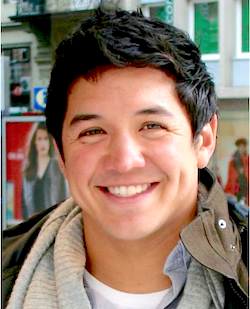
As grass begins to grow and flowers begin to bloom in much of the country, a new study finds that women in the United States whose residences are surrounded by more vegetation appear to have a 12% lower overall mortality rate than those who live in areas with less vegetation.
The authors, from the Harvard T.H. Chan School of Public Health and Brigham and Women’s Hospital, estimate that improved mental health, measured through lower levels of depression, explains almost 30% of the benefit from living around greater vegetation. Increased opportunities for social engagement, higher physical activity and lower exposure to air pollution also may play important roles, they said.
The study, published April 14 in the journal Environmental Health Perspectives, incorporated data on 108,630 women enrolled in the Nurses’ Health Study across the United States from 2000 to 2008. The researchers compared the participants’ risk of mortality with the level of vegetation surrounding their homes, which was calculated using satellite imagery from different seasons and from different years. The researchers accounted for other mortality risk factors, such as age, socioeconomic status, race and ethnicity, and smoking behaviors.
Peter James, Sc.D., a research associate in epidemiology at Harvard and first author of the paper, told McKnight’s Senior Living that he and his co-authors focused on residential addresses but do not have information as to the specific types of residences in which study participants lived.
He and his co-authors found that link between greenness and positive health effects was strongest for respiratory disease and cancer mortality, where mortality rates were 34% and 13% lower, respectively, for women living in areas with the most vegetation compared with those with the least vegetation around their homes.
“Our new findings suggest a potential co-benefit — improving health — that presents planners, landscape architects and policymakers with an actionable tool to grow healthier places,” James said.



